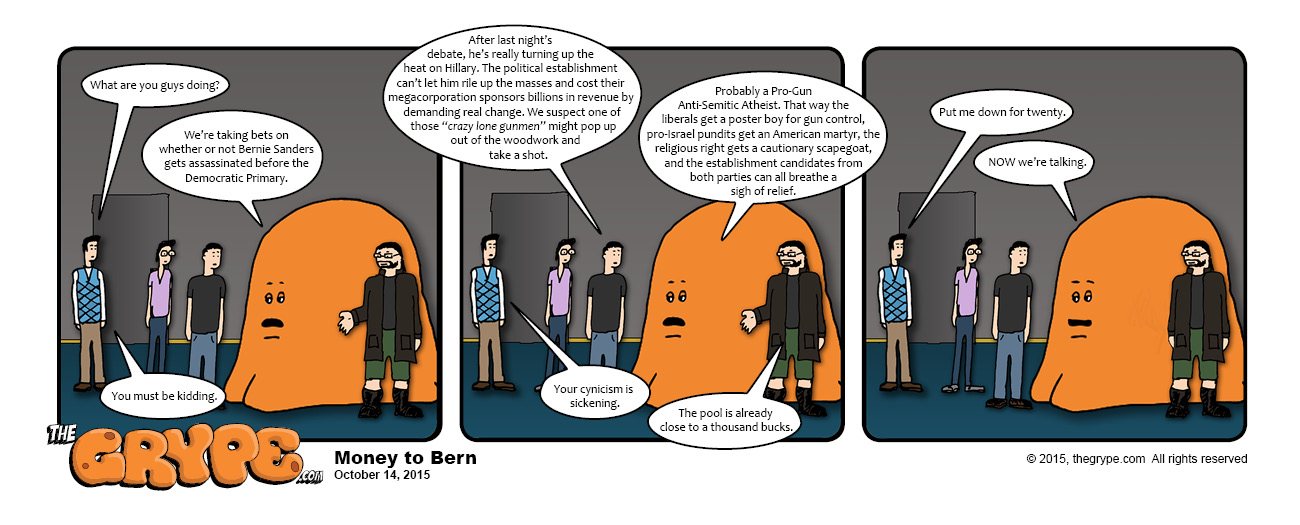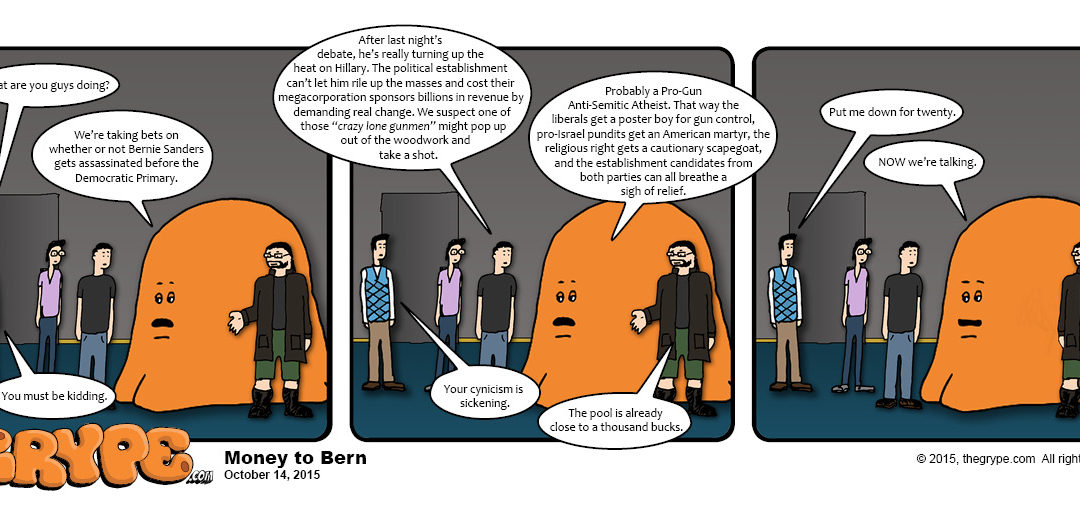 The Minimum Wage debate continues to attract attention, despite the fact that it’s technically already a done deal; it must ultimately be raised. Everyone knows that. Yet big business continues to fight it tooth and nail.
The Minimum Wage debate continues to attract attention, despite the fact that it’s technically already a done deal; it must ultimately be raised. Everyone knows that. Yet big business continues to fight it tooth and nail.
Interestingly, for many decades the prevailing wisdom (backed by testable analysis and solid statistics) was that every time the Minimum Wage was raised, there would be a 3% reduction in employment (as teen age workers and other low wage earners were fired by some companies as nonessential, to keep the bottom line down).
Until the 1970’s.
Since the 1970’s, that has no longer happened. When the Minimum Wage was raised, that loss of jobs no longer statistically occurred. For a long time, economists scratched their head over such a glaring anomaly. But the reason it happened was simple:
The worker-pay to employer-business-profits ratio in the mid 1970’s took a sudden nose dive. The new model of businesses was growth into profit, without raising the average wage of workers fairly in relation to the massive growth in their sustained productivity. And the U.S. business world kept lobbying and fighting to keep the Minimum Wage from rising to match inflation and cost of living.
So… after the mid-1970’s, there was LESS of a drop in employment when the rate was raised.
By the time 1990 rolled around, there was almost ZERO drop in employment each time Minimum Wage was raised.
Why?
Because business COULD AFFORD IT. They no longer needed to fire people to stay profitable, they just grumbled and paid them a little bit more. The salary-to-owner-profit ratio was so widely disparate that the minimum wage hike no longer caused much business shrinkage anywhere EXCEPT in the bottom line profits of the business, at the expense of a slower rate of business growth.
If the Minimum Wage had stayed abreast of cost of living measured by personal income growth in the economy as a whole— which has grown more than 100.6% since the comparison year of 1968— and if our standard for minimum wages had kept pace with overall income growth in the American economy, it would now be $21.16 per hour.
If that had occurred, American workers straight up the scale would now have the buying power of their 1968 counterparts based on the productivity of the work they do within the American economy.
See, the minimum wage is supposed to herald a salary raise straight up the scale. No one currently making $15/hr would complain if the Minimum Wage were raised to $15/hr and their OWN salaries were hiked to $30/hr in response. Which is how it was always supposed to work.
But no. Let the big corporations and their paid-for politicians continue to squeeze the wage gap ever downward, by threatening everyone with the dire consequences to small business that could occur. That would keep the small businesses scrambling to grow and stay afloat by squeezing their own employees just as hard, without forcing the mega corporations to open the floodgates of profit a relatively tiny amount so wealth can flow from the banks back into the pockets of the workers and back into the economy that supports all those small businesses. Yikes! Wouldn’t want that to happen.
The more lower/middle class workers are paid, the more they spend. The same cannot be said for the big corporations or the millionaire upper class.
But, hey: every measure that created the booming economy enjoyed by the growing American middle class in the 1950’s has now been squeezed or subverted or squelched by the corporate hierarchy until it no longer supports anything but the upper ten percent. Better by far that we obey and squabble over whatever is allowed to trickle back down to the middle class.
A shift of the net profit back into payroll. That’s what the Minimum Wage actually is. And yes, it needs to be raised.
No one knows precisely why American big business turned against the American people in a mad dash for profit at all cost in the 1970’s. But when you look at it on a graph, it’s amazing. It’s like a rocket of inequality going off between 1975 and 2005.
Meanwhile, our ridiculous American competition for a tiny number of ultra-high-paying white collar professional jobs, and the resulting over-service of those jobs by our university programs, has created a massive personnel bloat in those industries. Thousands of job seekers graduate each year with ridiculously expensive degrees in business, law, and the medical field only to discover there aren’t many open entry-level positions in their fields. The same has now begun to happen to graduates with computer science and design degrees. Many young professionals are abandoning their glutted degree fields, instead trying to parley their diplomas into entry-tickets into other, less-prestigious, areas. Yet the demand for skilled tradesmen is growing exponentially: this very instant, a skilled professional welder can earn 100k working for the right company. Meanwhile the destruction of the trade unions in support of the rise of the white collar middle management bloat of the 1970’s has created a massive vacuum of skilled job talent, jobs which now get exported overseas because they can no longer exist in the U.S.A.
Blue collar workers are in especially short supply. Right now, in California, there is even a huge shortage in migrant agricultural workers and restaurant workers because so many Mexican illegals are going BACK to Mexico, since conditions for migrants have gotten so bad here they may as well stay home.
Immigration opponents may be thrilled by this development. But the California economy is suffering because there are literally not enough workers to fill the available jobs, and because American workers 1) won’t work off the books for slave wages as the profit-hungry American corporate business model demands, and 2) they have been brainwashed into believing they should only have to sit at desks and push paper around.
But… I happen to know for a fact that if I was a really good welder, I could literally double my current white collar tech job salary. With ease.
Amazing, huh?

